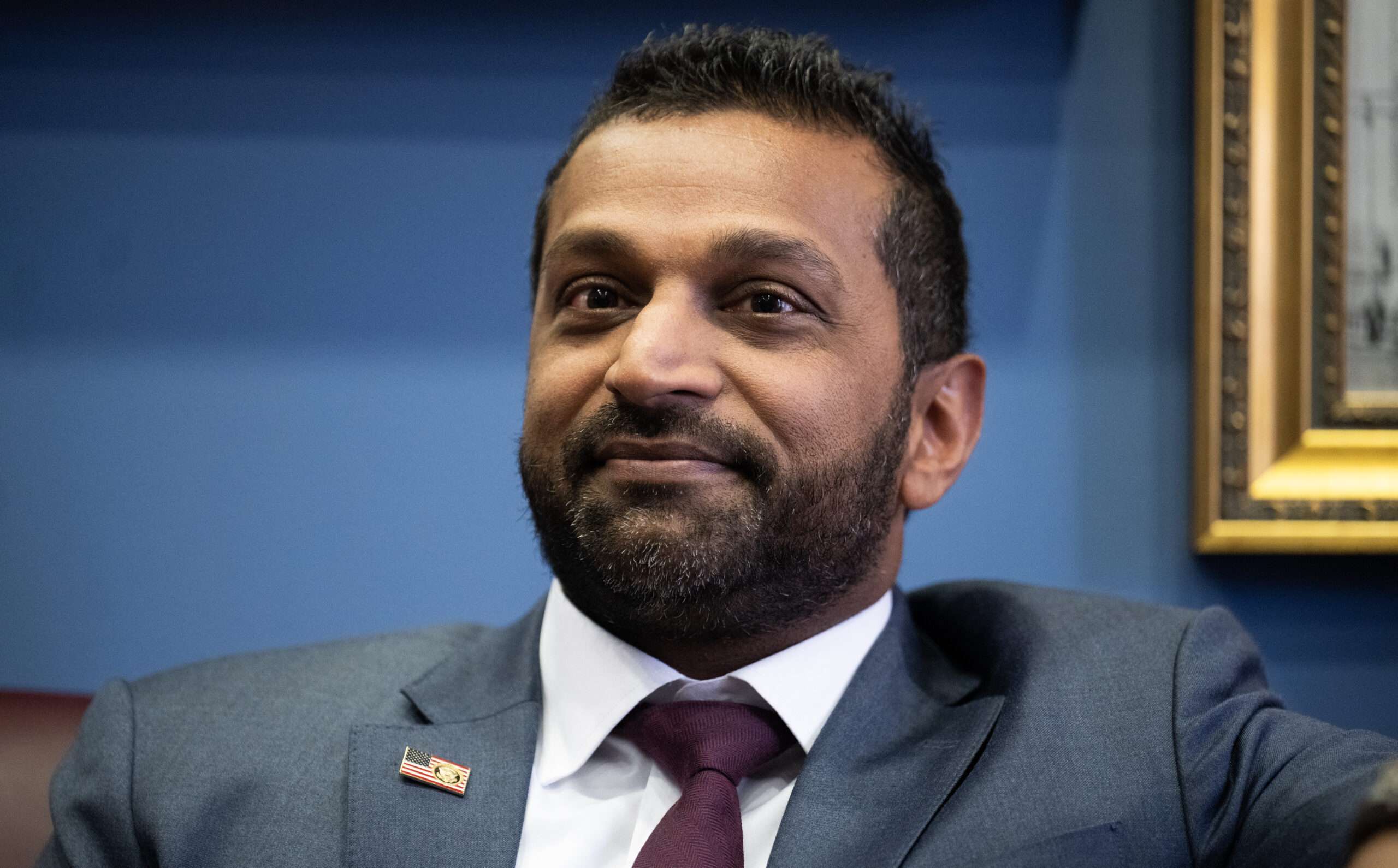Kash Patel’s Alleged Association with QAnon Reveals a Worldview of Trump Combating Malign Actors
Kash Patel, a close ally of former President Donald Trump and a potential nominee for FBI director, has forged a controversial relationship with the QAnon conspiracy theory movement. While publicly claiming to "disagree with a lot of what that movement says," Patel has simultaneously courted QAnon followers, appearing on pro-QAnon shows, promoting the sect on social media, and even suggesting integrating QAnon messaging into Trump Media & Technology Group’s communication strategy. This seemingly contradictory stance raises serious concerns about Patel’s judgment and fitness for a position demanding impartiality and adherence to facts.
Patel’s connection to QAnon stems from the movement’s fervent support for Trump, portraying him as a crusader against a "deep state" conspiracy. This narrative resonates with Patel’s own depiction of a "Deep State" plot against Trump, as detailed in his book, Government Gangsters. He presents a list of government officials, including prominent Democrats and former Trump administration members, whom he accuses of unspecified "crimes" aimed at undermining Trump’s agenda. This alignment with QAnon’s core belief system, despite its outlandish claims about Satan-worshipping pedophiles and ritualistic murder, underscores Patel’s willingness to engage with a movement widely recognized as promoting dangerous disinformation.
Patel’s selective acceptance of QAnon’s tenets – agreeing with "a lot" while disagreeing with "a lot" – reveals a calculated approach to leveraging the movement’s support for Trump. He has praised QAnon-affiliated podcast hosts, recognizing their shared animosity towards Trump’s critics, and even entertained the notion of "tweaking" the movement’s message to broaden its appeal. This instrumental view of QAnon as a tool for political gain, regardless of its potential for harm, demonstrates a concerning disregard for the dangerous implications of embracing a conspiracy theory rife with misinformation and violence-inciting rhetoric.
Despite some conservative figures distancing themselves from QAnon, viewing it as an embarrassment and a source of disinformation, Patel has actively sought to incorporate the movement into the Trump media ecosystem. This embrace contrasts sharply with the caution expressed by even staunch Trump supporters like Alex Jones, who warned against the spread of disinformation associated with QAnon. Patel’s persistent association with the movement, despite its widely debunked and often bizarre claims, raises questions about his commitment to truth and factual accuracy, essential qualities for a potential FBI director.
Patel’s defenders have attempted to downplay his connection to QAnon as mere "guilt by association." However, his repeated appearances on QAnon platforms, his public praise of QAnon figures, and his stated intentions to incorporate QAnon messaging into Trump’s media strategy demonstrate a deliberate and active engagement with the movement. This goes beyond passive association and suggests a genuine affinity for QAnon’s worldview, particularly its portrayal of Trump as a savior figure battling a corrupt elite.
Patel’s embrace of QAnon ultimately reflects a broader tendency within certain segments of the Trump movement to prioritize loyalty and the fight against perceived enemies over objective truth and reasoned discourse. This Manichean worldview, where anyone critical of Trump is automatically labeled as part of a malicious conspiracy, undermines the foundations of democratic governance and the impartial application of the law. The potential appointment of an individual who openly courts such a movement to lead the FBI raises profound concerns about the politicization of law enforcement and the erosion of trust in institutions crucial for upholding justice and the rule of law.
Share this content:












Post Comment